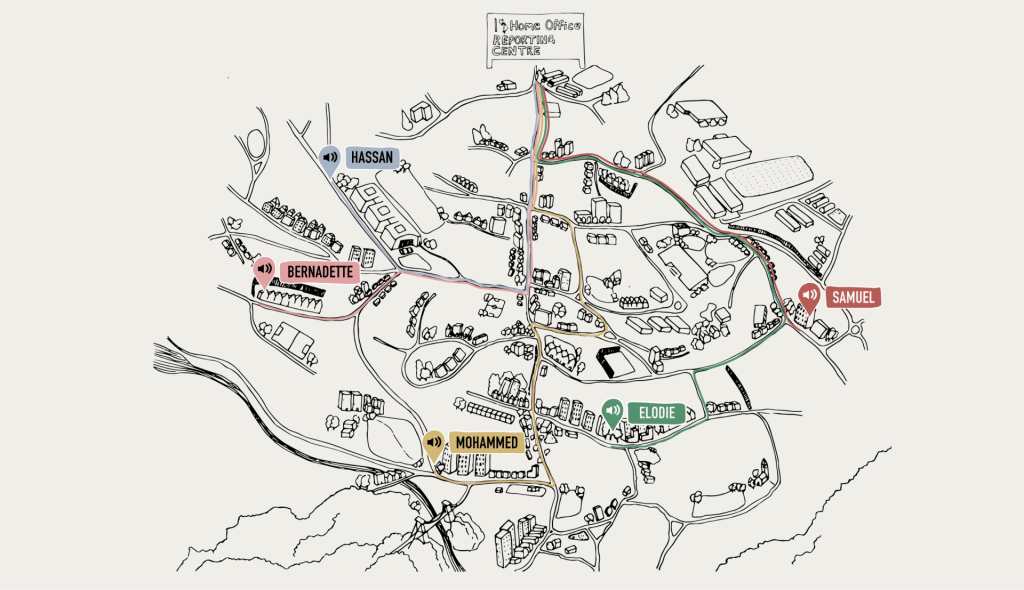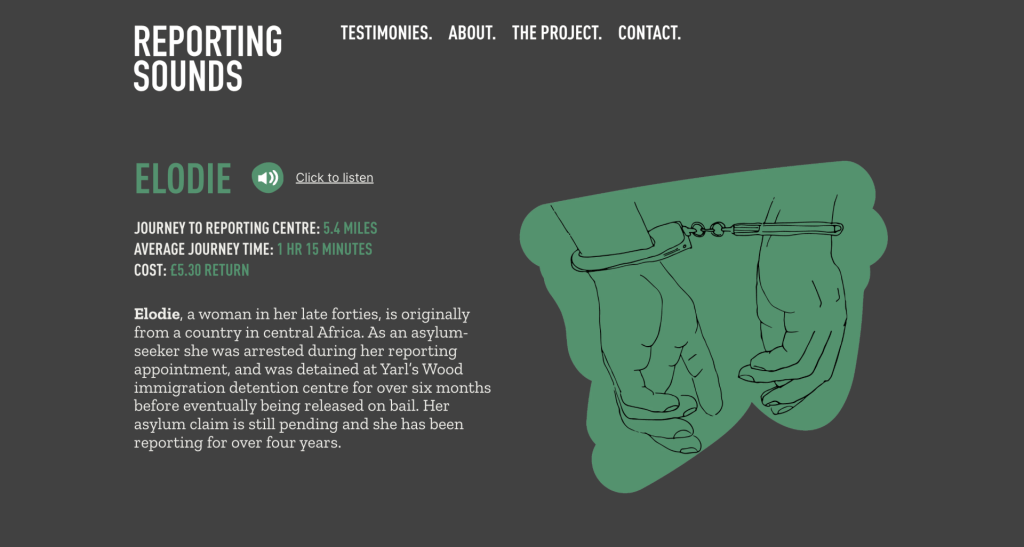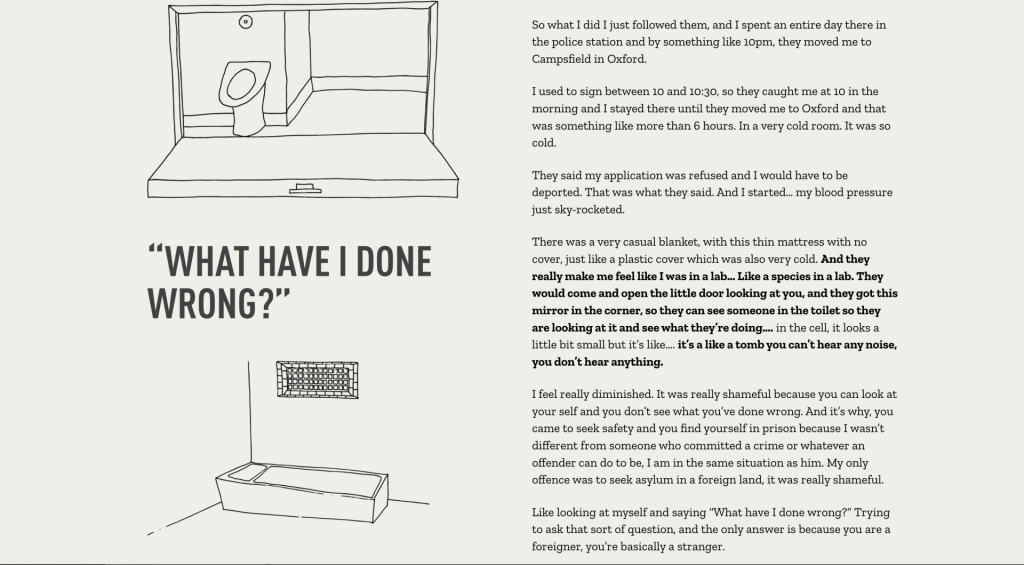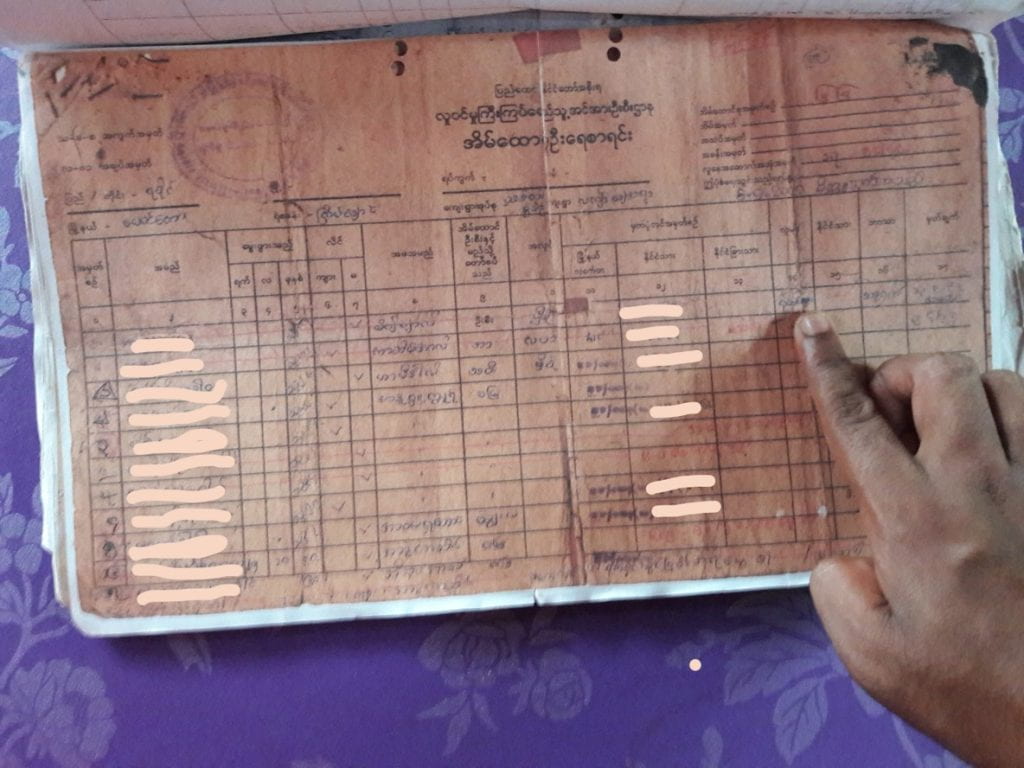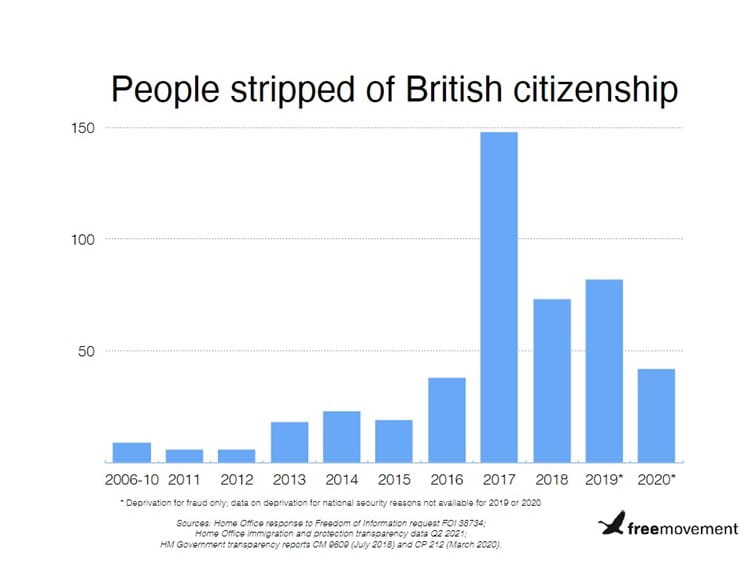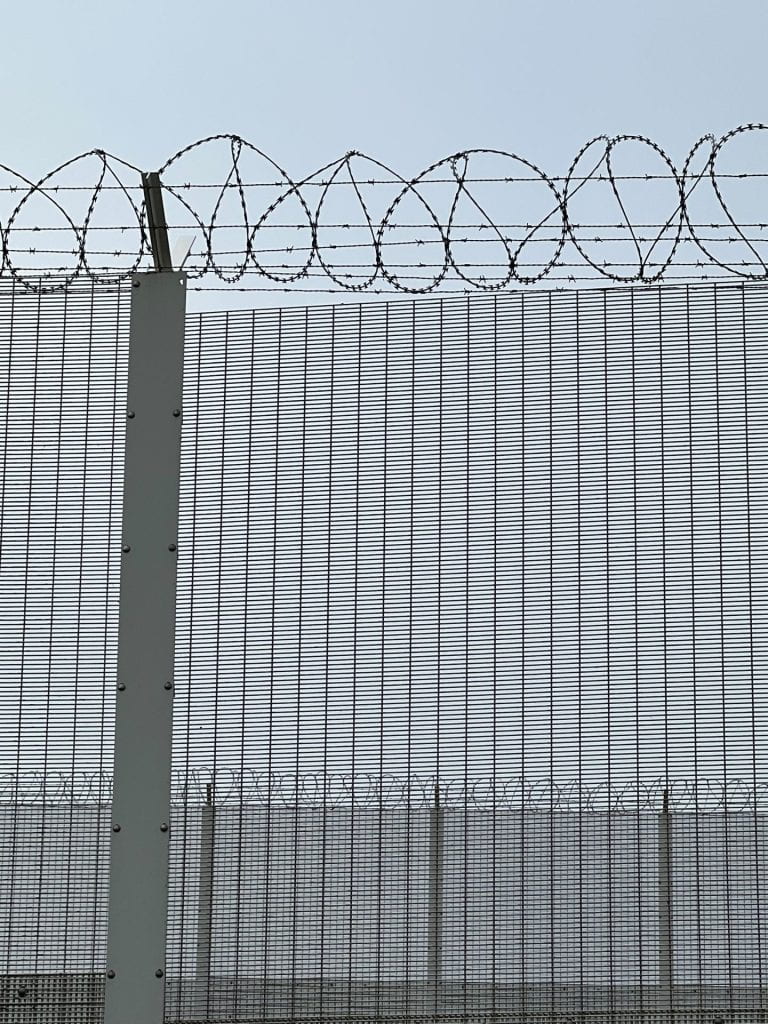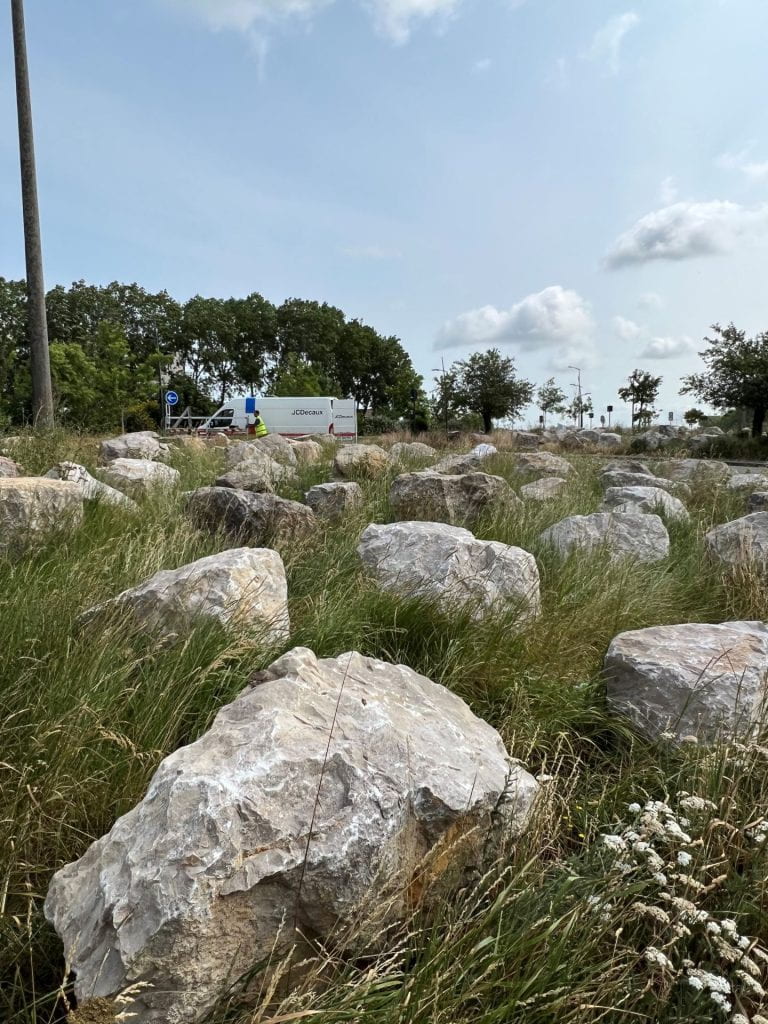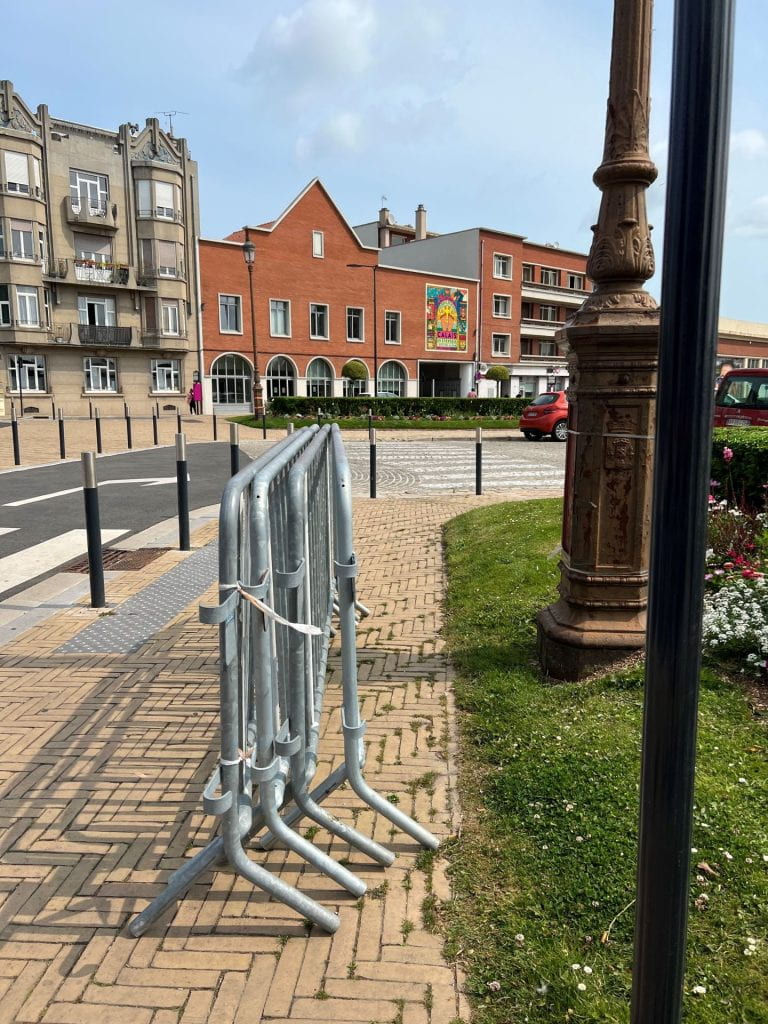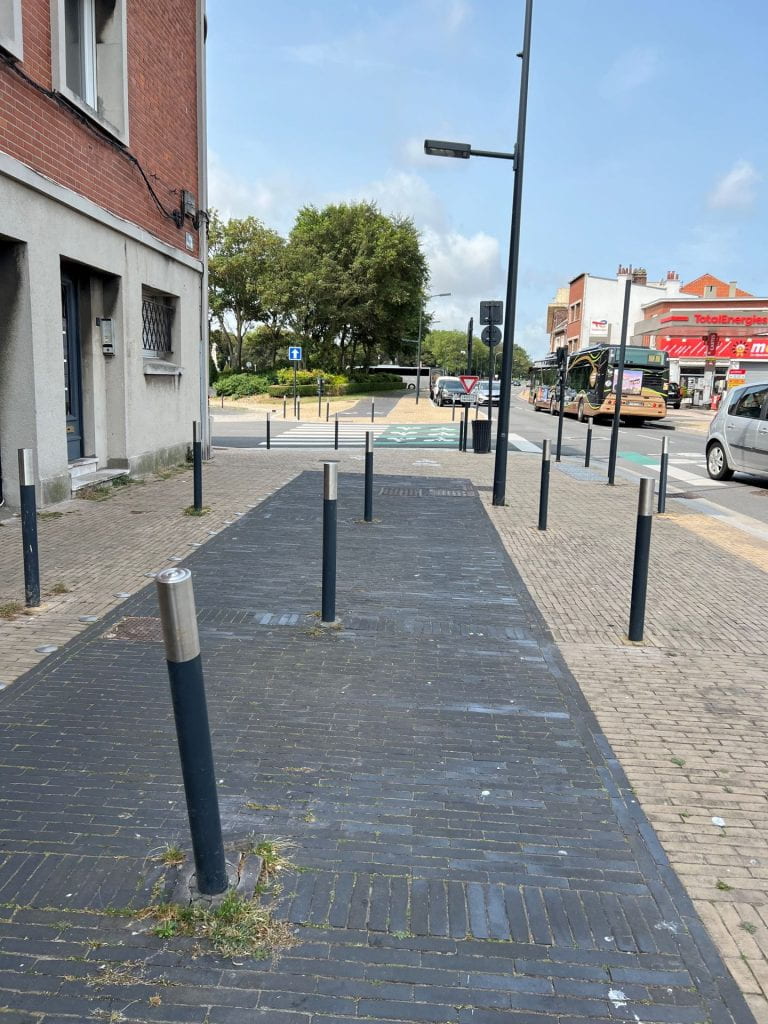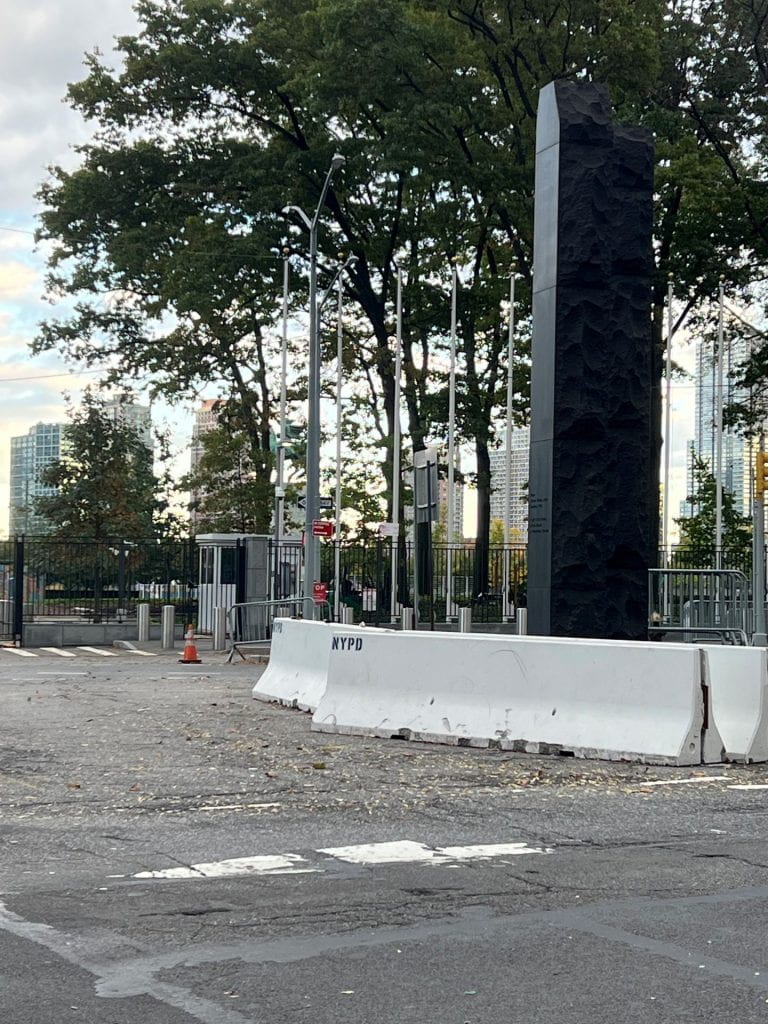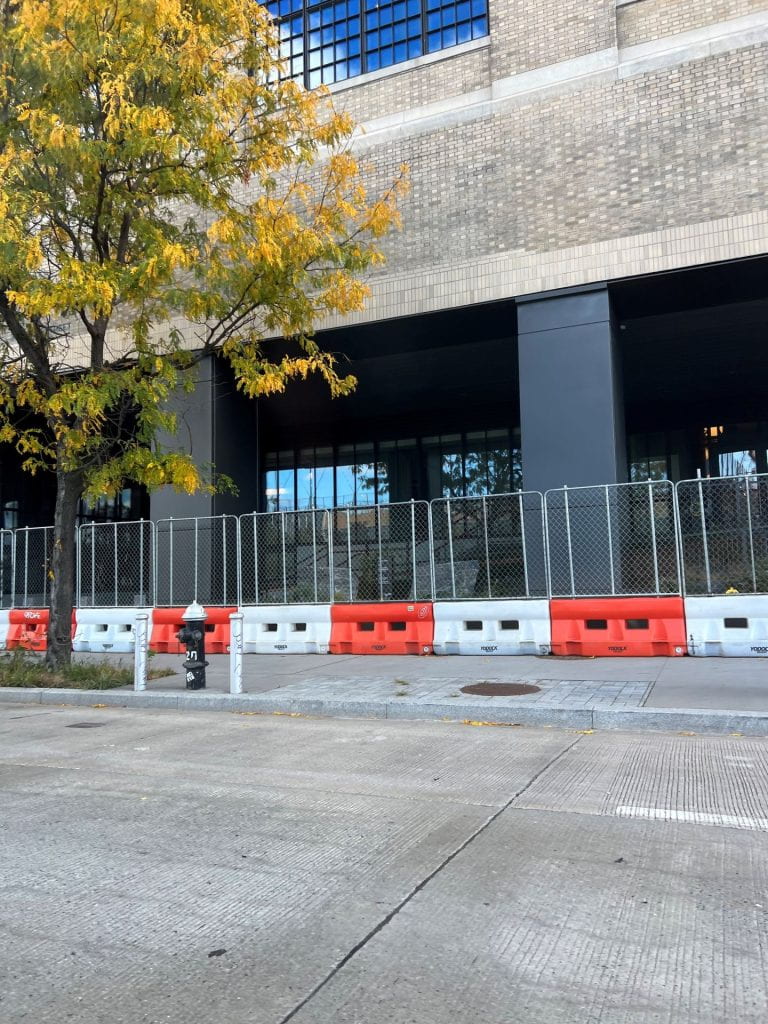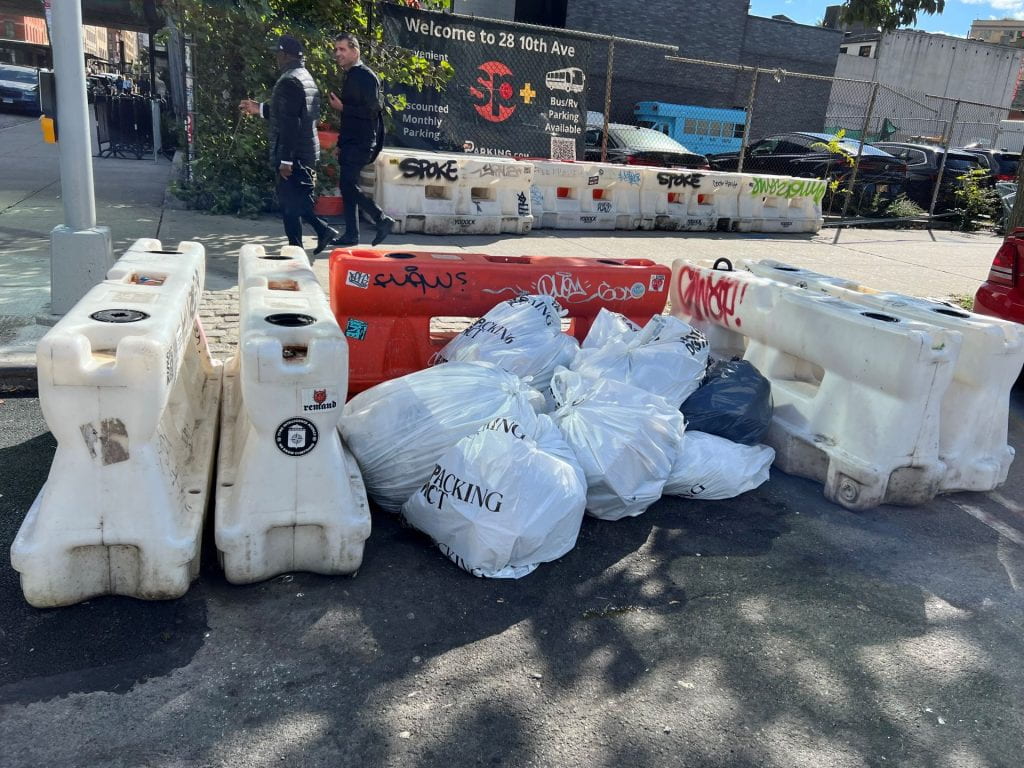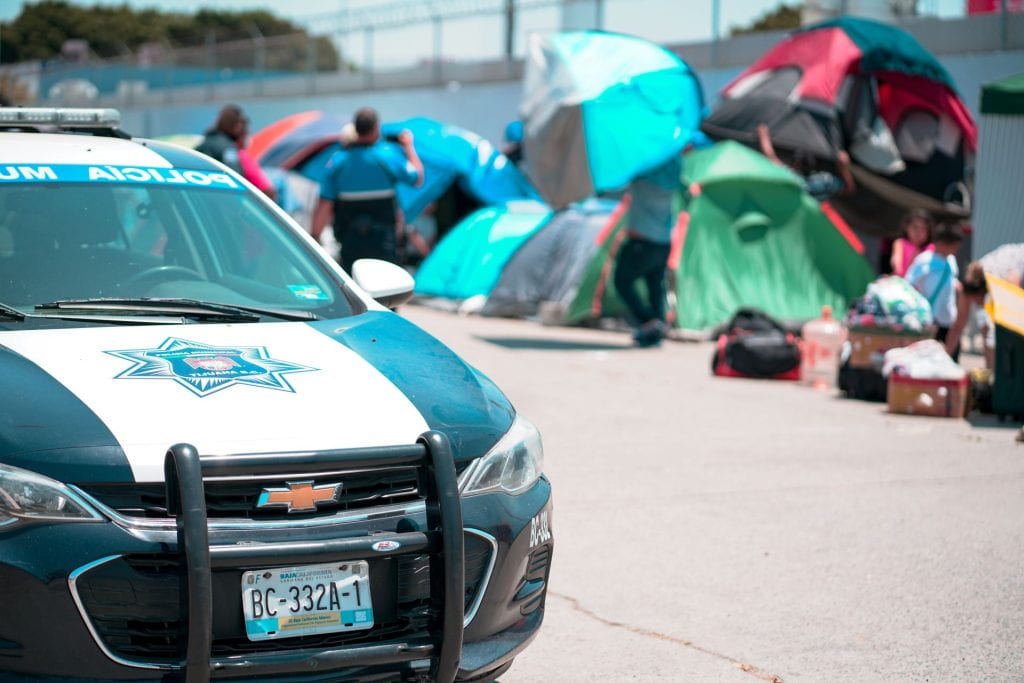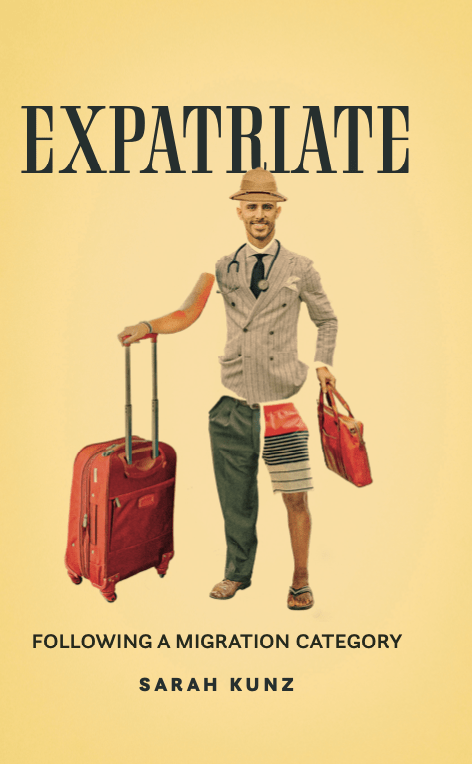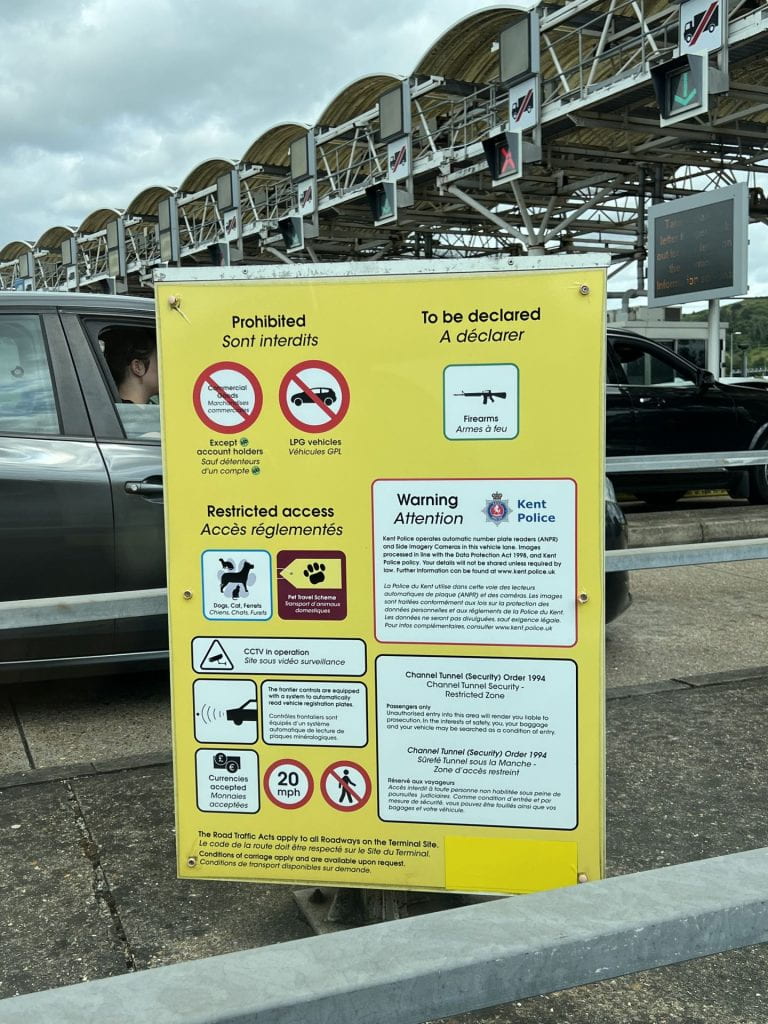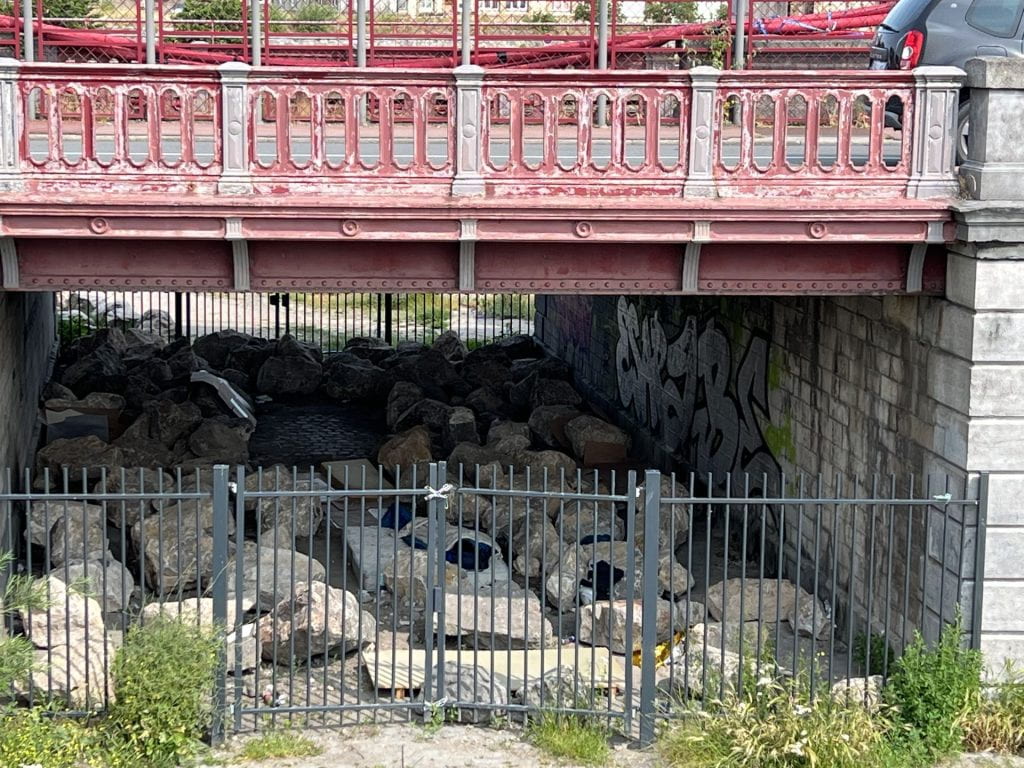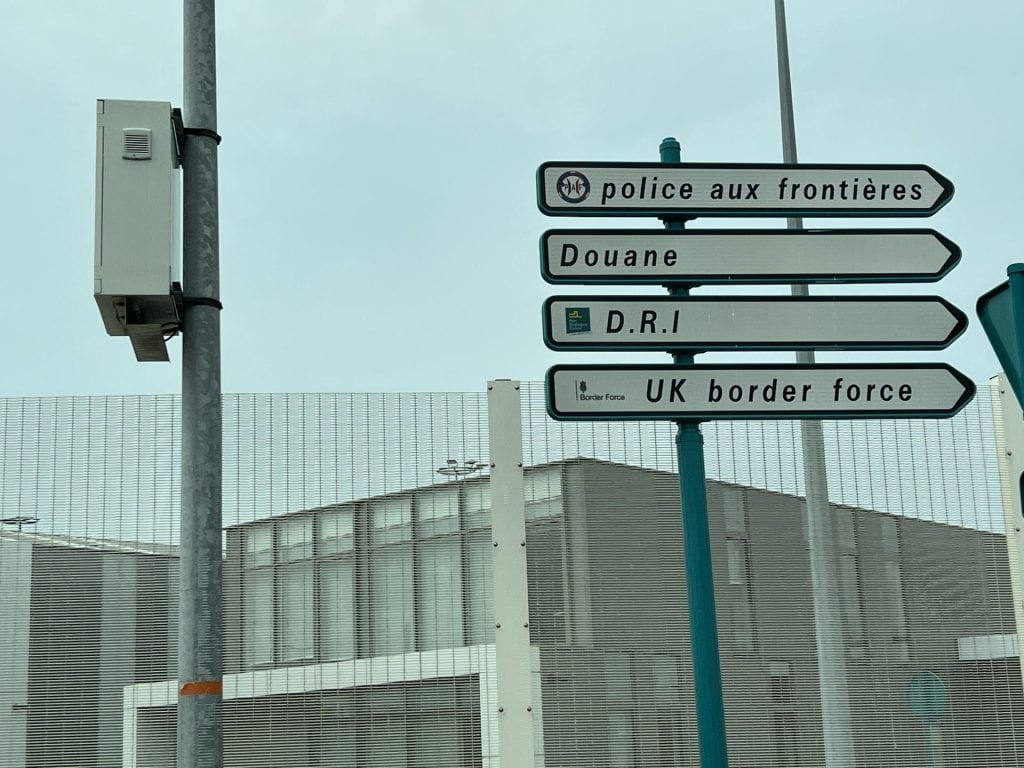By Katharine Charsley and Helena Wray.
Last week, new immigration rules were laid before parliament that will force thousands of British citizens and settled residents to live apart from their partner and even their children. This is because the Minimum Income Requirement (MIR) to bring a non-British partner to the UK is going to rise to £29,000 in April, and to £38,700 in early 2025 (the staggering of the increase was announced only after a public outcry).
The MIR has been a source of anguish since it was introduced in 2012, replacing a simpler test of ‘adequate maintenance’. As it has not risen from the original £18,600, it is easy to see why the government would now consider an increase. However, the MIR has already caused family separation and hardship, and the increase will make things worse.
The MIR is inflexible, being concerned with only one question: the income of the UK partner on application. Changes to the household income after entry, regardless of the incoming spouse’s potential contribution, are irrelevant. As a result, a British parent who cares for children, who works part-time or is still in education or training may be unable to meet the MIR even if the family’s financial position would be transformed once their partner joins them. In addition, meeting the MIR is not just a matter of having the right income, but of having it for at least six months, often longer, before the application. People in casualised work, the self-employed or those returning from abroad often find this challenging if not impossible. Exceptions designed to meet the government’s human rights obligations exist, but they are often difficult to obtain and can require expensive legal advice and an appeal.
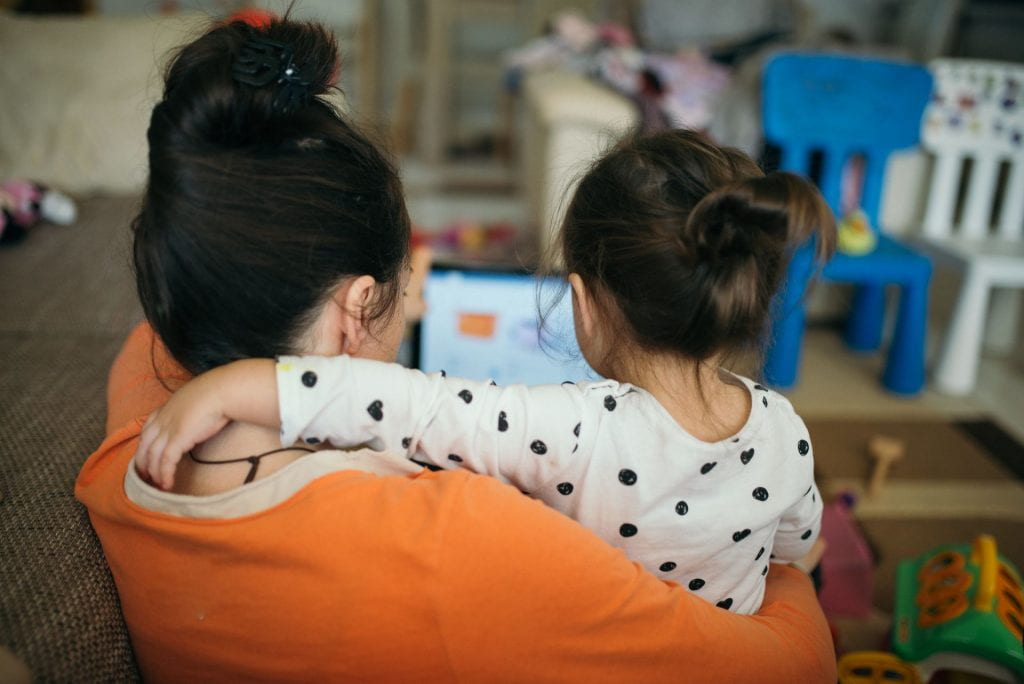
The benefits of the MIR are unclear. The government’s twin rationales have been to ensure families have financial resources for integration, and to ensure new entrants do not impose a burden on the welfare system. But those on family visas are already ineligible for public funds, and the costs of the 5-year partner visa process now exceed £11,000 – leaving some families struggling to meet basic needs. Indeed, by refusing so many partners, the MIR creates enforced single parents, so it only increases financial hardship and welfare reliance.
The rationale for the new figure is also unclear. The government has not consulted the Migration Advisory Committee (as it did in 2012), and the new MIR is not tied to the full-time National Living Wage (less than £24,000). The only explanation given is that the government wants to link the MIR to the minimum salary for skilled migrant workers. Leaving aside that even the skilled worker minimum has exceptions, this seems arbitrary. Family migration policy concerns the minimum conditions for allowing citizens and residents to enjoy family life with a non-UK partner. Why should this depend on meeting a criterion set for an entirely different category: skilled migrants coming to the UK for work?
The MIR is discriminatory. The old minimum of £18,600 cannot be met by 20-25% of the UK’s working population, and has always particularly impacted those tending to earn less: women, young people, some ethnic minorities and those outside London and Southeast England. The increase exacerbates this injustice: 40-60% of the working population do not earn £29,000, and the vast majority will be excluded by the higher threshold of £38,700. The government estimates that between 10,000 and 30,000 people will be affected each year, but it could be much higher as UK-EU couples outside the settlement scheme now also come under the immigration rules.
The manner of the introduction of these changes has been cruel. British spouses make major life changes to meet the visa requirements: changing jobs, making difficult choices between caring obligations and working longer hours, or moving back to the UK alone to earn enough to be joined by their family. They make these changes months in advance, enduring prolonged family separation to find work, earn the MIR over six months and then wait for their application to be processed. Increasing the MIR in April, with less than six months’ notice, leaves those who had been assiduously working towards the visa requirements – often at great cost to their family lives – with their plans destroyed.
The UK’s family migration policies are among the most restrictive in the world – a House of Lords Committee found they ‘fail both families and society’. There are many reasons why families need to live together in the UK – which is after all the home of at least one partner – and there is a pile of evidence as to the deep unhappiness, financial stress and loneliness caused by the system, including to children. This will sadly increase once the new MIR applies.
Living in your home with your partner should not be a privilege only for the wealthy. It is time for a total rethink. We have written to the main opposition parties asking them to include a commitment to review the family migration rules in their election manifestos.
Helena Wray is Professor of Migration Law at the University of Exeter where her research focuses on the regulation of families through immigration law. Her latest monograph, published by Hart in 2023, is Article 8 ECHR, Family Reunification and the UK’s Supreme Court: Family Matters? She is currently working on the ESRC funded Brexit Couples project looking at the impact of the immigration rules on UK-EU couples after Brexit.
Katharine Charsley is Professor of Migration Studies at the University of Bristol. Her work focuses on migration, gender and families, with a particular interest in transnational marriages and relationships. She is PI of the ESRC-funded Brexit Couples project looking at the impact of the immigration rules on UK-EU couples after Brexit.
To learn about the impact of the new Minimum Income Requirement on universities, read Eda Yazici’s recent MMB blogpost, ‘Debordering Higher Education’. And for a previous study on the impact of the UK immigration system on families see Katharine’s blogpost from 2020, ‘Kept apart – couples and families separated by the UK immigration system’.



